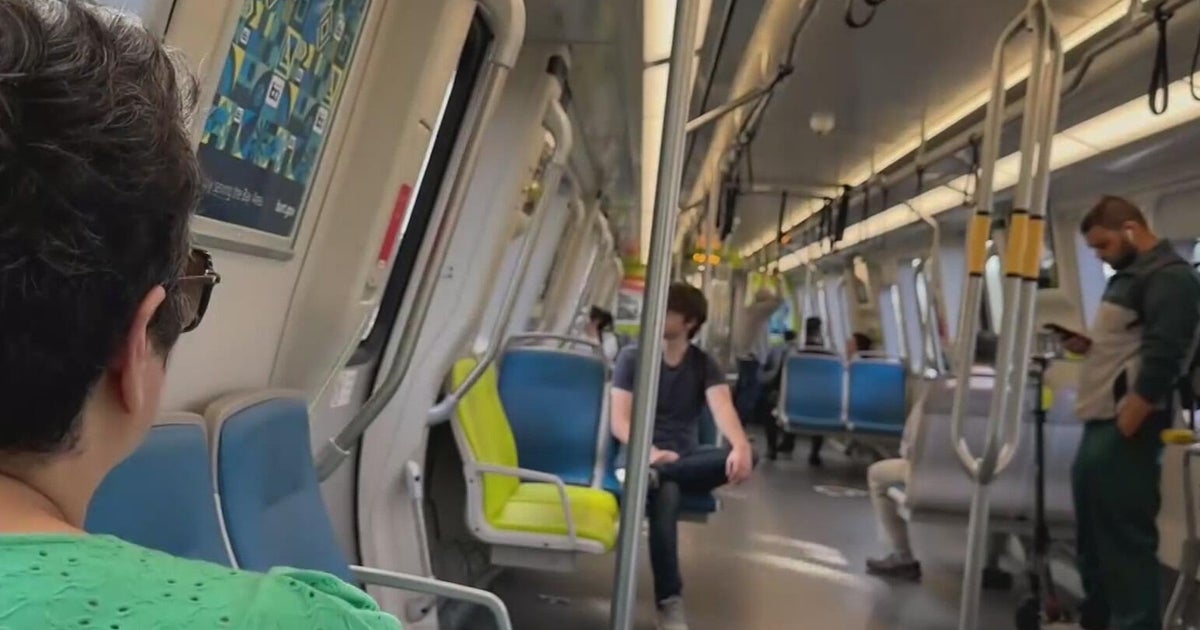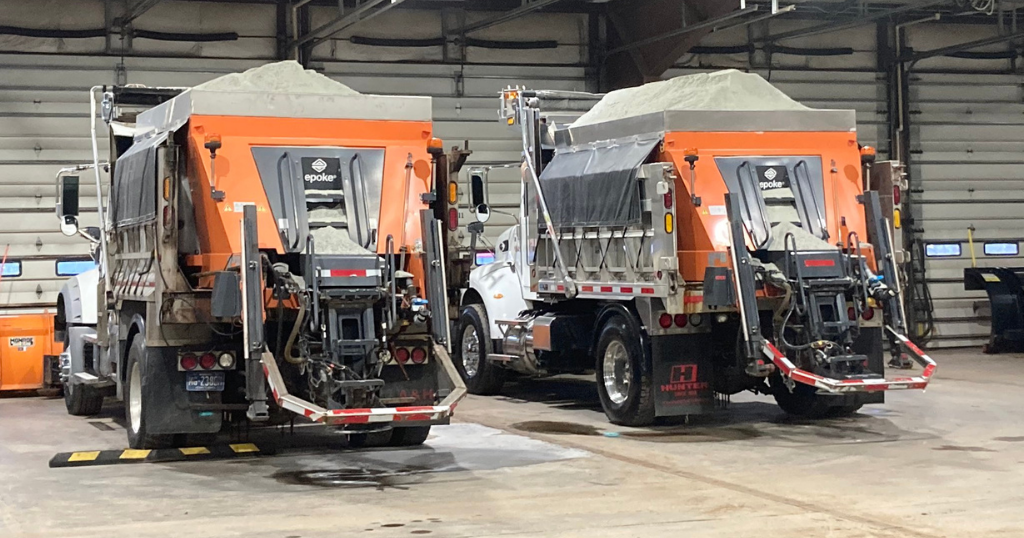Last-minute flight changes are stressful — here's how to make them less so.
Rerouting, rebooking, diverting, you name it. Making last-minute flight changes can be an enormous challenge amid the stressful holiday travel season. Now add COVID-19 and the fast-spreading Omicron variant to the mix.
Hundreds of flights have already been canceled last-minute due to pandemic-related staffing shortages. Many airlines remain understaffed and overbooked as the country returns to air travel after pandemic shutdowns.
Spirit Airlines cast bad weather and labor shortages as the main culprits behind travel chaos that led to the low-cost carrier canceling more than 1,700 flights in August. The scenario replayed in September, when Southwest canceled hundreds of flights during the course of a weekend, and again in October when thousands of fliers were grounded after American shelved more than 1,800 flights nationwide over a three-day period.
Perhaps a coronavirus variant surge forces you to cancel your trip. Or what if a winter snowstorm prevents you from taking off? No matter the reason, be prepared for last-minute flight changes or cancellations this year. Here's how to quickly get on another flight:
Look to other airports
Many major cities are served by multiple airports, so broaden your airport search. John F. Kennedy International Airport in New York City might be backed up from a blizzard, but that doesn't necessarily mean nearby airports Newark Liberty International or LaGuardia are out of commission.
And look beyond the major airlines. JSX is a semiprivate jet service, but fares often aren't much more than commercial airfares.
Use booking tools
Even if you're accustomed to booking via an individual airline's website, tools like Google Flights will allow you to quickly compare routes across multiple airlines, nearby airports and selected dates. Booking tools may help surface an available route you'd otherwise miss.
Search for one-way individual tickets and direct flights
Don't limit your options by searching for round-trip tickets. In a pinch, book a one-way ticket and find the return flight later.
And, if you're traveling with others, rather than searching for group tickets, consider searching for individual ones — especially if your group is comfortable splitting up. If one flight has only four seats left but another flight has two, then a search for your party of six wouldn't show any available tickets. But if some folks are OK being left behind and catching up later, you improve your odds of getting to your destination, period.
Fly direct when possible. If it isn't, try to connect through destinations that are less likely to be affected by bad winter weather (San Diego over Chicago, for example). While the flight with the layover might be cheaper, it might not be worth it if weather issues in the layover city are the reason you can't take off.
Use a credit card with travel insurance
There also are ways to improve your chances of getting a refund for flights interrupted by winter storms or COVID-19. One of the best methods for getting money back for canceled flights (or to get reimbursed for additional costs incurred during delays) is booking with a credit card that offers travel insurance.
Exact terms vary by card, but you can typically expect coverage for flights affected by severe weather. And usually, this type of insurance will cover not just the flight itself, but ancillary expenses, such as an additional hotel night to take a next-day flight.
Purchase travel insurance
If your credit card doesn't include travel insurance as a benefit, consider purchasing coverage separately. Look closely at the terms and conditions as they vary significantly between plans.
Turn to social media
Technology can help you. Many airlines are embracing social media as a customer service tool, and account managers may even be equipped to directly help passengers rebook, issue flight credits and more.
If the delay is an airline's fault, you might get compensation. For example, Southwest Airlines' October 2021 meltdown cost the company $75 million, according to its third quarter earnings report. Much of that figure was attributed to customer refunds and "gestures of goodwill," as Southwest offered vouchers to many customers who were affected.
Other tips for traveling during winter storm season
- Be prepared to stay longer than you intended. Search budget-friendly lodging near the airport before your trip. If your flight gets delayed and you need to stay an extra night, you don't want to be scrambling to find a room that fits your standards and budget.
- Pack small snacks. Protein bars or nuts are great backups in case you're stuck in an airport overnight and the restaurants and stores are closed.
- Avoid checking luggage. If there's an opportunity to board another last-minute flight, you don't want your luggage packed on a delayed flight to be the one thing holding you back. Carry-on travel allows you to be more nimble. If you do need to check luggage, keep items you can't go without — like phone chargers and medications — with you.
- Set up flight alerts. Check your flight status before leaving for the airport or, better yet, set up automatic flight updates via text alerts. An early alert might help you avoid arriving at the airport for a canceled flight or give you a jump-start on booking a new flight before other passengers.
Bottom line
You might not think the scramble to make a last-minute flight change will happen to you — until it does. And given the challenges of travel this holiday season, you should be more prepared than ever.



